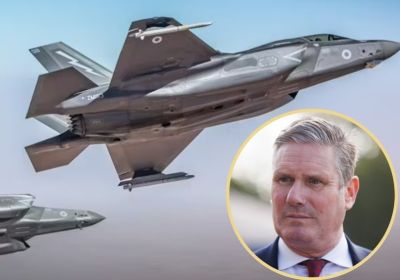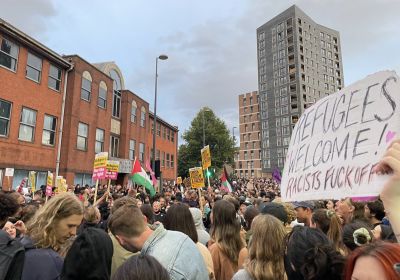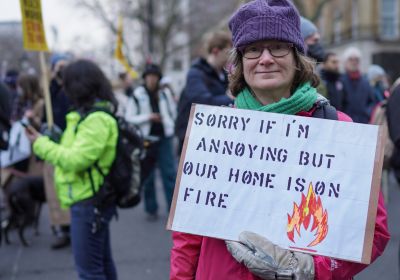
Just days before a far-right rally in London, Green Left’s Susan Price spoke to Derek Wall, a former leader of the Green Party of England and Wales, about developments on the left, specifically the recent Greens leadership election and the “Your Party” initiative by former Labour Party figures Jeremy Corbyn and Zarah Sultana.



